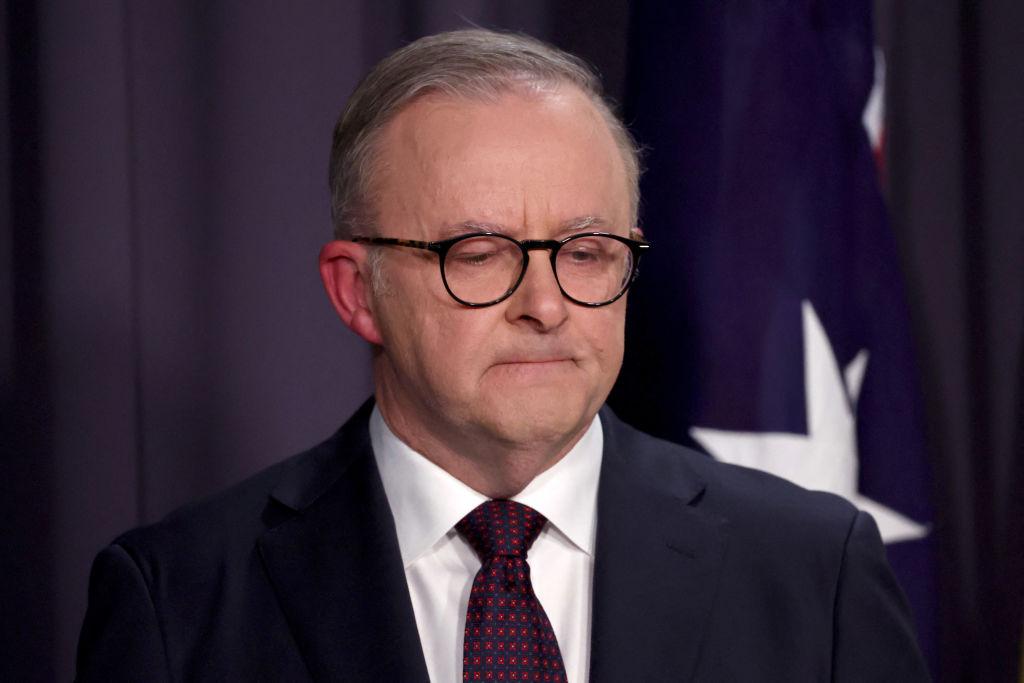The Australian federal government is pushing through legislation to counter the effects of the High Court’s landmark decision last month which ruled indefinite immigration detention was unlawful.
It overturned a 20-year precedent, reversing the Al-Kateb case, which held that indefinite detention of non-citizens without a valid visa, even when it is impossible to deport them, was lawful.





